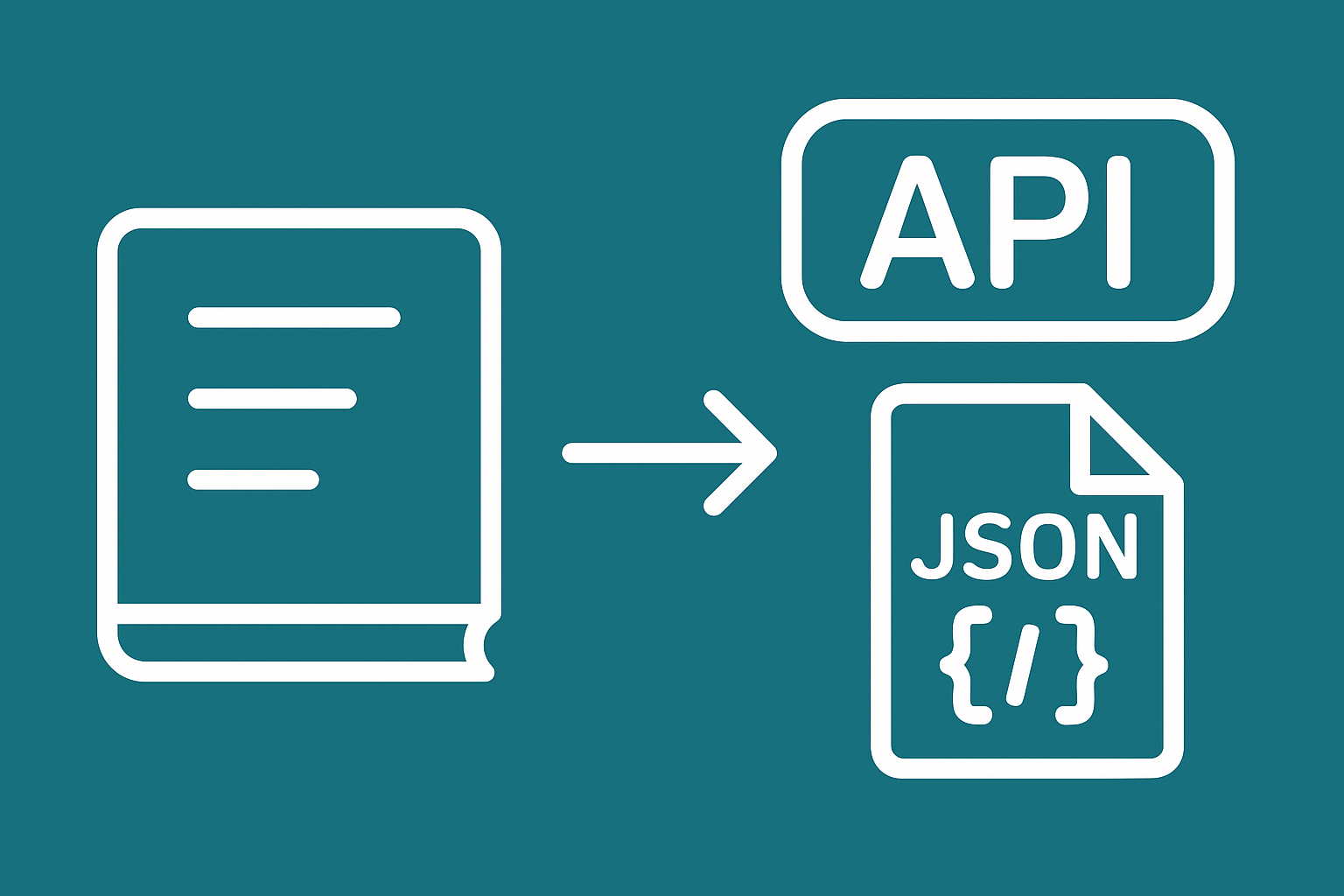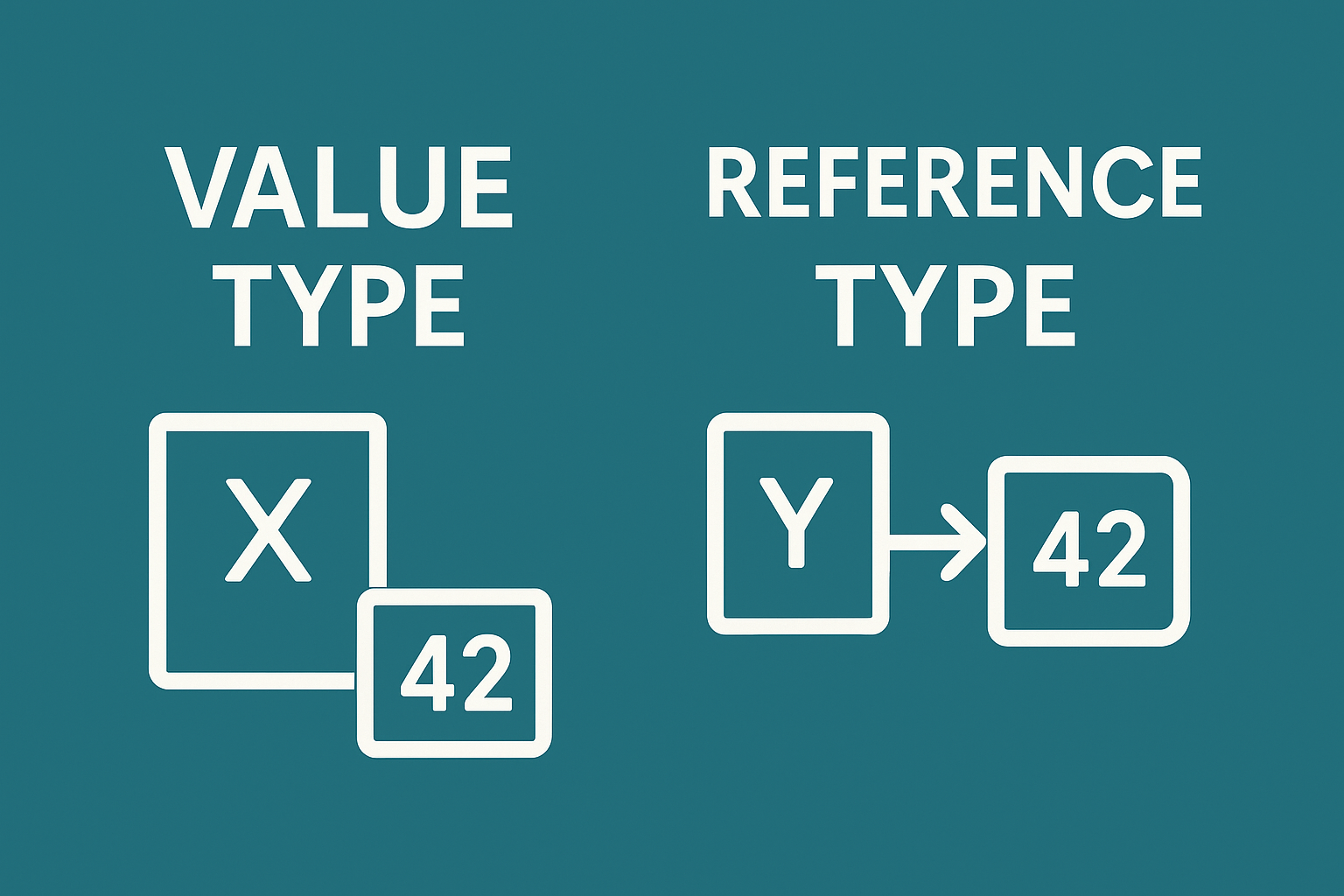Introduction
Writing robust and reliable software requires the ability to gracefully handle unexpected situations. Whether it’s a missing file, invalid input, or an external service failure, handling exceptions properly ensures your program can respond without crashing. Mojo, through its Python interop capabilities, allows developers to use try, except, and raise just like in Python. This article introduces error handling techniques in Mojo and how to define custom exceptions.
1. Basic Try-Except Structure
Let’s start with a basic example of catching an exception using try and except.
try:
let result = 10 / 0
except err:
print("An error occurred:", err)
This will catch the division-by-zero error and print a user-friendly message instead of crashing the program.
2. Handling Specific Exceptions
If you’re using Python modules via interop, you can also catch specific Python exception types.
from python import import_module
let json = import_module("json")
try:
let data = json.loads("invalid json")
except json.JSONDecodeError as err:
print("Failed to parse JSON:", err)
This helps you differentiate between different types of failures and respond appropriately.
3. Raising Your Own Exceptions
You can raise your own exceptions when certain conditions in your program are violated.
raise Exception("Something went wrong!")
You can also use ValueError, TypeError, or any standard Python exception class as needed.
4. Defining Custom Exceptions
Mojo lets you define custom exception classes via Python’s class keyword.
class MyCustomError(Exception):
def __init__(self, message):
self.message = message
try:
raise MyCustomError("Invalid user input")
except MyCustomError as e:
print("Caught custom error:", e.message)
This pattern is useful when you want to raise domain-specific errors in your application.
5. Best Practices for Error Handling
- Catch only the exceptions you can handle meaningfully.
- Log unexpected errors for debugging purposes.
- Raise exceptions with clear messages for maintainability.
- Use custom exceptions to improve code readability.
Conclusion
Exception handling in Mojo is straightforward, especially thanks to its Python interoperability. With try, except, and raise, you can create resilient programs that recover gracefully from unexpected conditions. Custom exceptions help structure your code for better maintainability and clarity. As Mojo evolves, we can expect native exception mechanisms, but for now, Python-style error handling serves as a solid foundation.



Comment